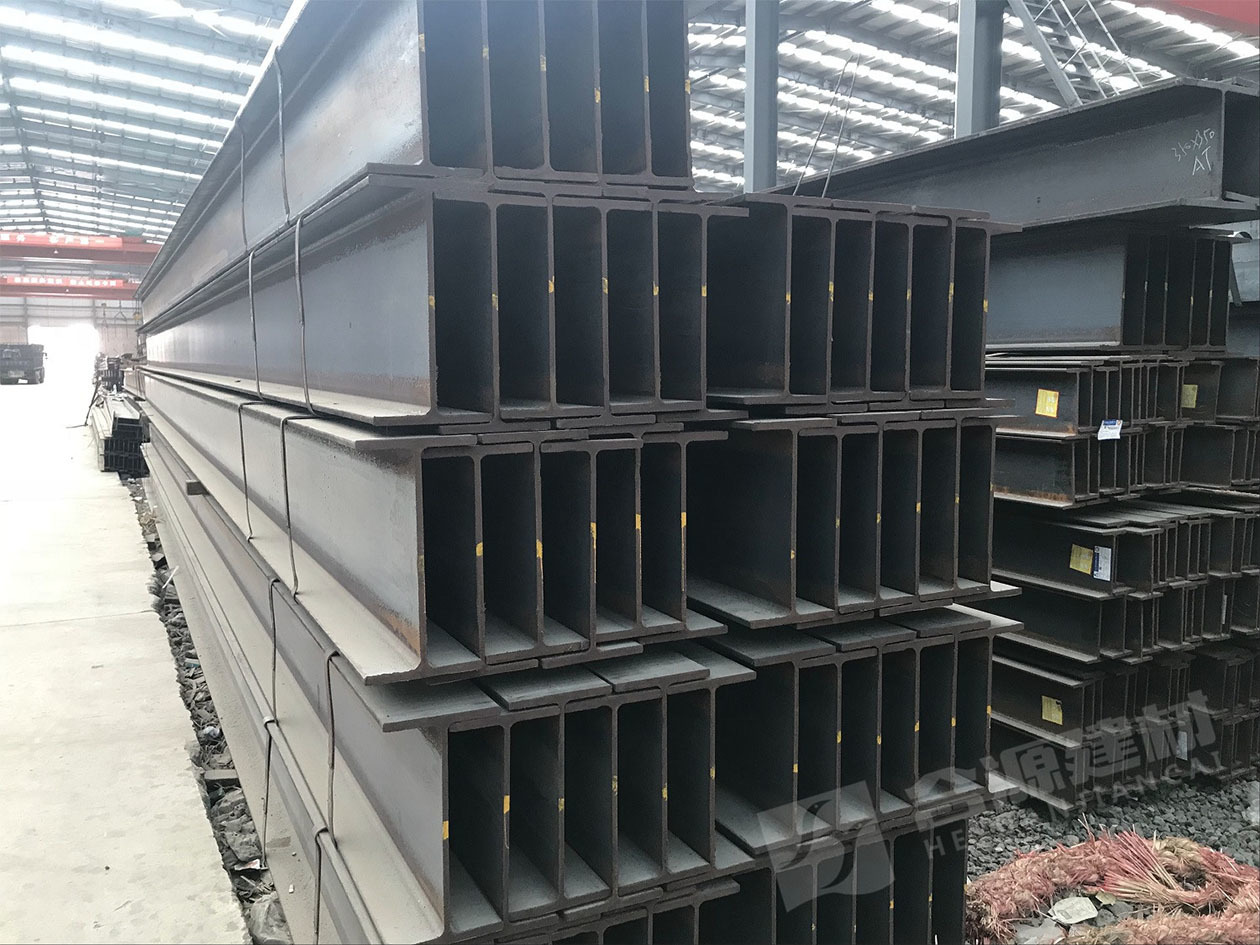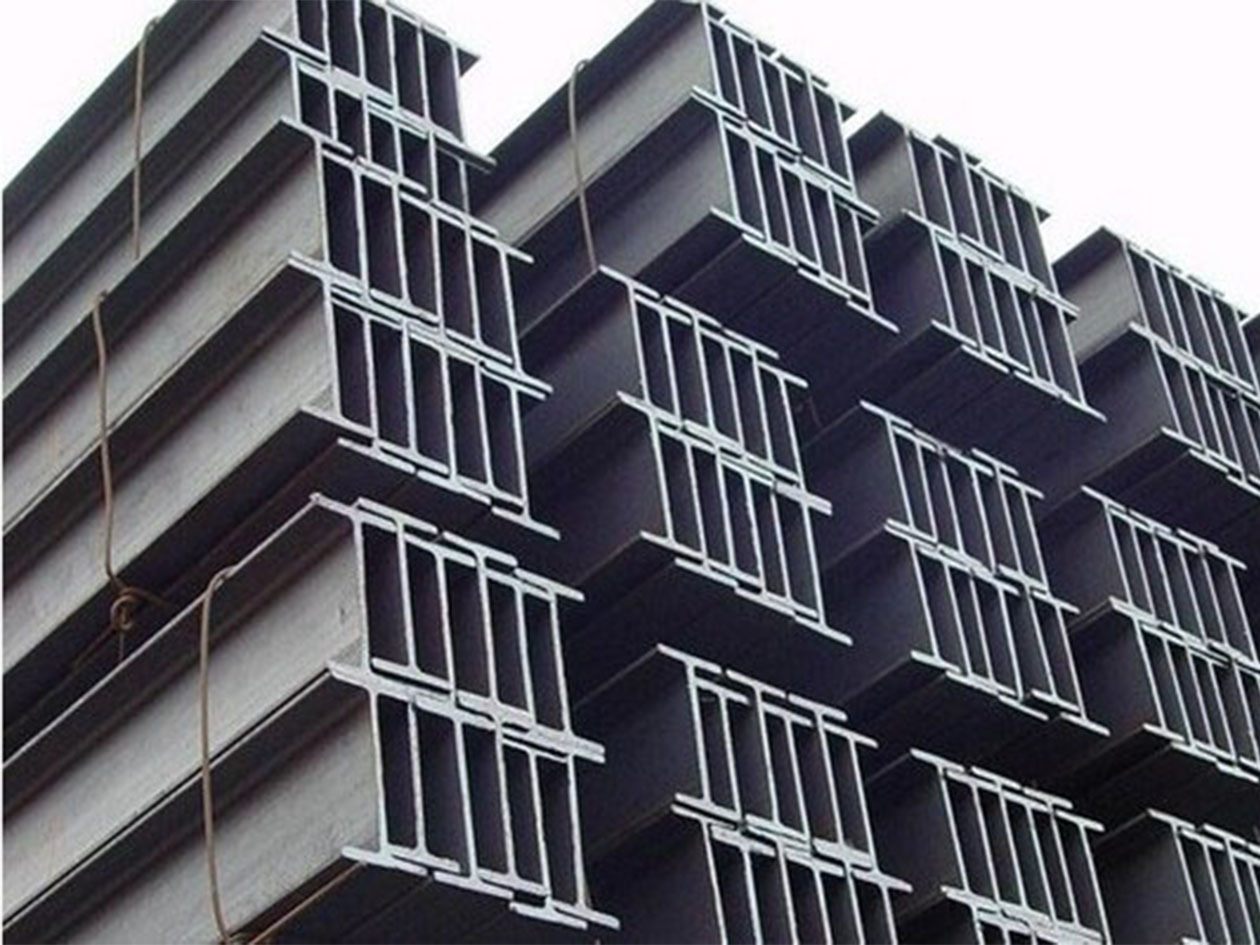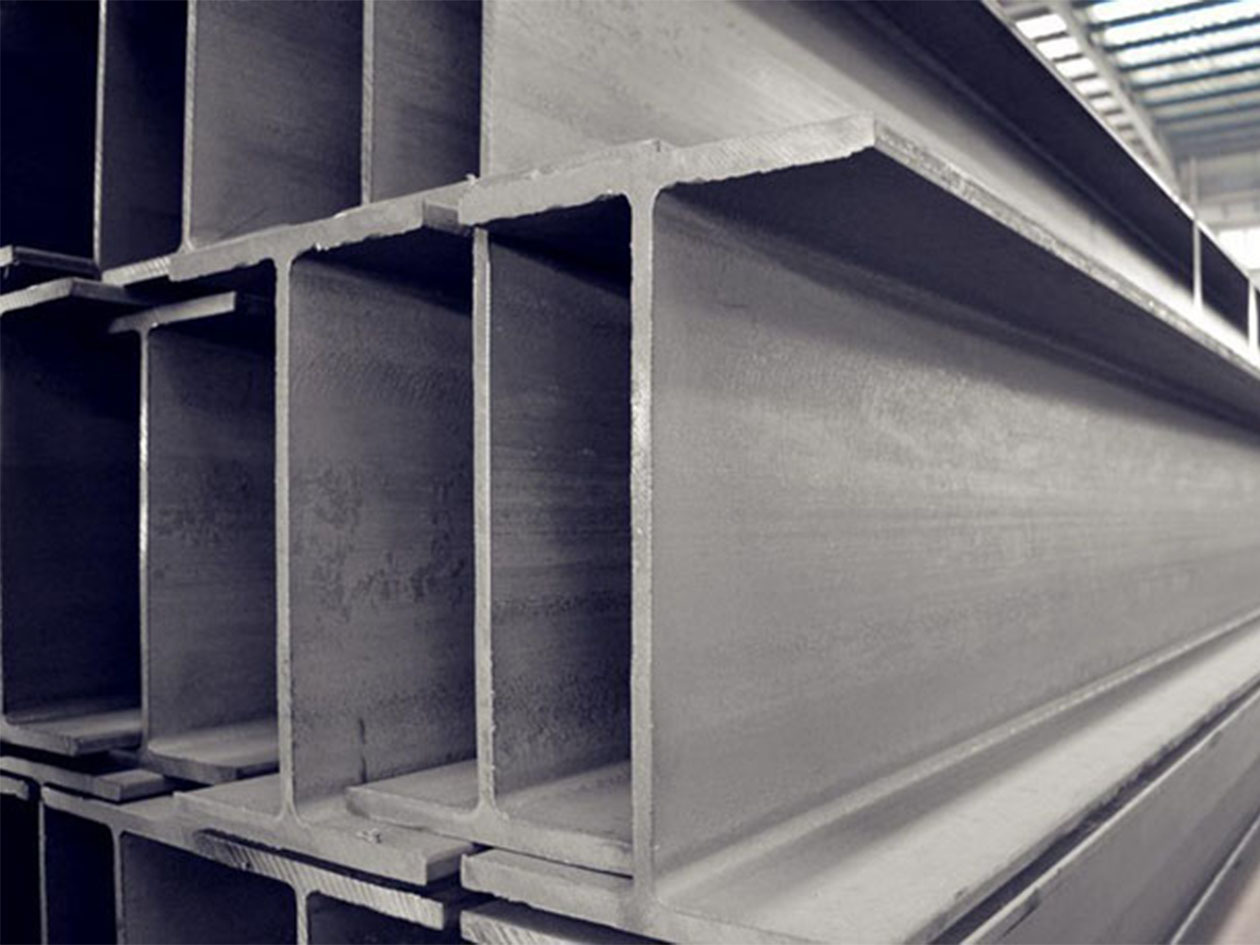



- Details
-
Introduction
AS 3679 is an Australian/New Zealand Standard that specifies the requirements for the production and supply of hot-rolled structural steel bars and sections. The 300 series steel grades are widely used for general structural and engineering applications.Common Steel Grades
The common steel grades specified in AS 3679 in the 300 Series include:Grade 300: This grade is suitable for a wide range of structural applications and has a minimum yield strength of 300 MPa.
Grade 300L0: This grade is designed for applications requiring low-temperature impact resistance, tested at 0°C.
Grade 300L15: This grade is designed for applications requiring low-temperature impact resistance, tested at -15°C.
Grade 300S0: This grade is designed for seismic applications and complies with the seismic material requirements in NZS 3404.
Chemical Composition
The chemical composition for these grades is generally similar, with some variations to meet specific requirements. Below is a typical composition for Grade 300 Series:Element
Max Content (wt.%)
Carbon (C) 0.2500 Manganese (Mn) 1.6000 Phosphorus (P) 0.0400 Sulfur (S) 0.0400 Silicon (Si) 0.5000 Nickel (Ni) 0.5000 Chromium (Cr) 0.3000 Molybdenum (Mo) 0.1000 Copper (Cu) 0.5000 Vanadium (V) 0.0300 Titanium (Ti) 0.0400 Niobium (Nb) 0.0200 Aluminum (Al) 0.1500 Mechanical Properties
The mechanical properties of Grade 300 Series vary based on thickness:Thickness (mm)
Yield Strength (MPa)
Tensile Strength (MPa)
Elongation (%)
< 11
≥ 320
≥ 440
≥ 22(300,300L0)
≥ 25 (300L15,300S0) 11 - 17
≥ 300
≥ 440
≥ 22(300,300L0)
≥ 25 (300L15,300S0) > 17
≥ 280
≥ 440
≥ 22(300,300L0)
≥ 25 (300L15,300S0) Advantages And Applications
Advantages
● High Strength and Toughness: Suitable for demanding structural applications.
● Good Weldability: Compatible with various welding processes, ensuring strong and durable connections.
● Wide Range of Applications: Versatile for different structural and engineering projects.
● Comprehensive Standards: Ensures consistent quality and reliability.
Applications
AS 3679 steel is used in a wide range of applications, including:● Construction: Building structures, bridges, and infrastructure.
● Engineering: Machinery, equipment, and manufacturing.
● Transportation: Railway tracks, vehicle components, and other transportation-related applications.
Differences Between Grades
● Grade 300: General-purpose structural steel with a minimum yield strength of 300 MPa.● Grade 300L0: Includes low-temperature impact resistance tested at 0°C, making it suitable for colder climates.
● Grade 300L15: Includes low-temperature impact resistance tested at -15°C, providing enhanced toughness in very cold environments.
● Grade 300S0: Designed for seismic applications, ensuring better performance in earthquake-prone areas.
The choice depends on welding needs, environmental conditions, and machining requirements. AS 3679 provides a versatile range of structural steels to suit various engineering demands.




AS 3679 300 Series Steel Grades
Subcategory
Keyword
- Details
-
Introduction
AS 3679 is an Australian/New Zealand Standard that specifies the requirements for the production and supply of hot-rolled structural steel bars and sections. The 300 series steel grades are widely used for general structural and engineering applications.Common Steel Grades
The common steel grades specified in AS 3679 in the 300 Series include:Grade 300: This grade is suitable for a wide range of structural applications and has a minimum yield strength of 300 MPa.
Grade 300L0: This grade is designed for applications requiring low-temperature impact resistance, tested at 0°C.
Grade 300L15: This grade is designed for applications requiring low-temperature impact resistance, tested at -15°C.
Grade 300S0: This grade is designed for seismic applications and complies with the seismic material requirements in NZS 3404.
Chemical Composition
The chemical composition for these grades is generally similar, with some variations to meet specific requirements. Below is a typical composition for Grade 300 Series:Element
Max Content (wt.%)
Carbon (C) 0.2500 Manganese (Mn) 1.6000 Phosphorus (P) 0.0400 Sulfur (S) 0.0400 Silicon (Si) 0.5000 Nickel (Ni) 0.5000 Chromium (Cr) 0.3000 Molybdenum (Mo) 0.1000 Copper (Cu) 0.5000 Vanadium (V) 0.0300 Titanium (Ti) 0.0400 Niobium (Nb) 0.0200 Aluminum (Al) 0.1500 Mechanical Properties
The mechanical properties of Grade 300 Series vary based on thickness:Thickness (mm)
Yield Strength (MPa)
Tensile Strength (MPa)
Elongation (%)
< 11
≥ 320
≥ 440
≥ 22(300,300L0)
≥ 25 (300L15,300S0) 11 - 17
≥ 300
≥ 440
≥ 22(300,300L0)
≥ 25 (300L15,300S0) > 17
≥ 280
≥ 440
≥ 22(300,300L0)
≥ 25 (300L15,300S0) Advantages And Applications
Advantages
● High Strength and Toughness: Suitable for demanding structural applications.
● Good Weldability: Compatible with various welding processes, ensuring strong and durable connections.
● Wide Range of Applications: Versatile for different structural and engineering projects.
● Comprehensive Standards: Ensures consistent quality and reliability.
Applications
AS 3679 steel is used in a wide range of applications, including:● Construction: Building structures, bridges, and infrastructure.
● Engineering: Machinery, equipment, and manufacturing.
● Transportation: Railway tracks, vehicle components, and other transportation-related applications.
Differences Between Grades
● Grade 300: General-purpose structural steel with a minimum yield strength of 300 MPa.● Grade 300L0: Includes low-temperature impact resistance tested at 0°C, making it suitable for colder climates.
● Grade 300L15: Includes low-temperature impact resistance tested at -15°C, providing enhanced toughness in very cold environments.
● Grade 300S0: Designed for seismic applications, ensuring better performance in earthquake-prone areas.
The choice depends on welding needs, environmental conditions, and machining requirements. AS 3679 provides a versatile range of structural steels to suit various engineering demands.




Related products
Product Consulting

Address: Hengtai Road,Daqiuzhuang Town,Jinghai County,Tianjin,China
Mob: +8615122229899(whatspp)
Phone: +86 22 58171905
Fax: +86 22 58171902
E-mail:info@lefinsteel.com
Get company updates

Tianjin Lefin Industrial Co.,Ltd. All rights reserved City sub-station SEO www.300.cn

